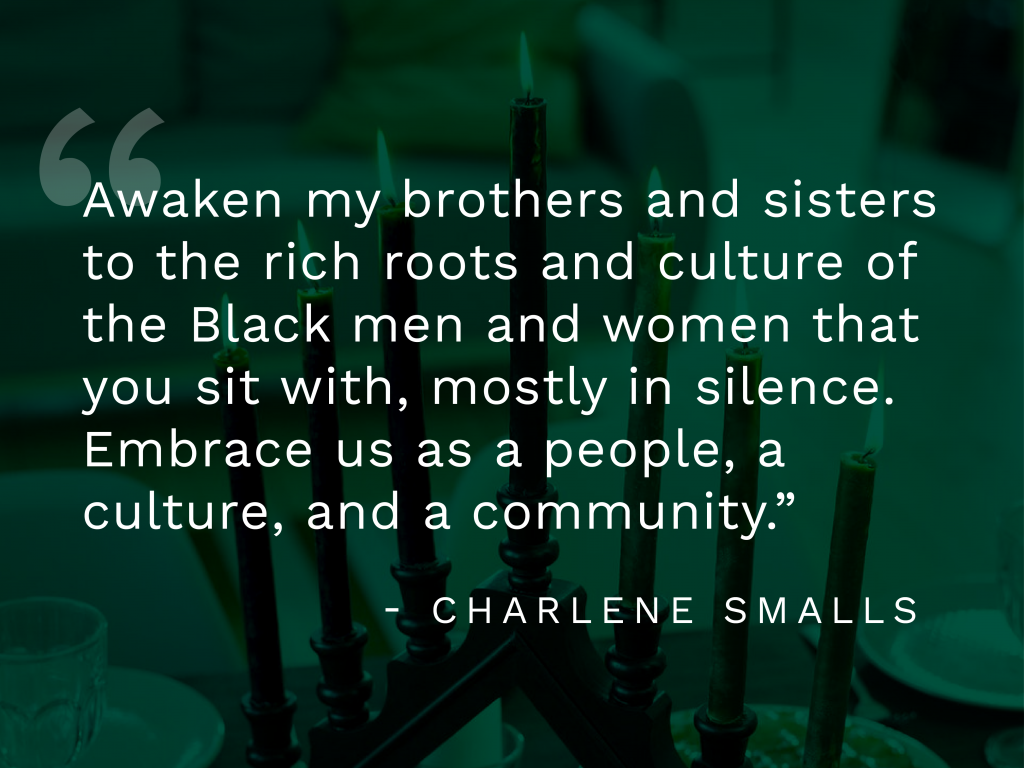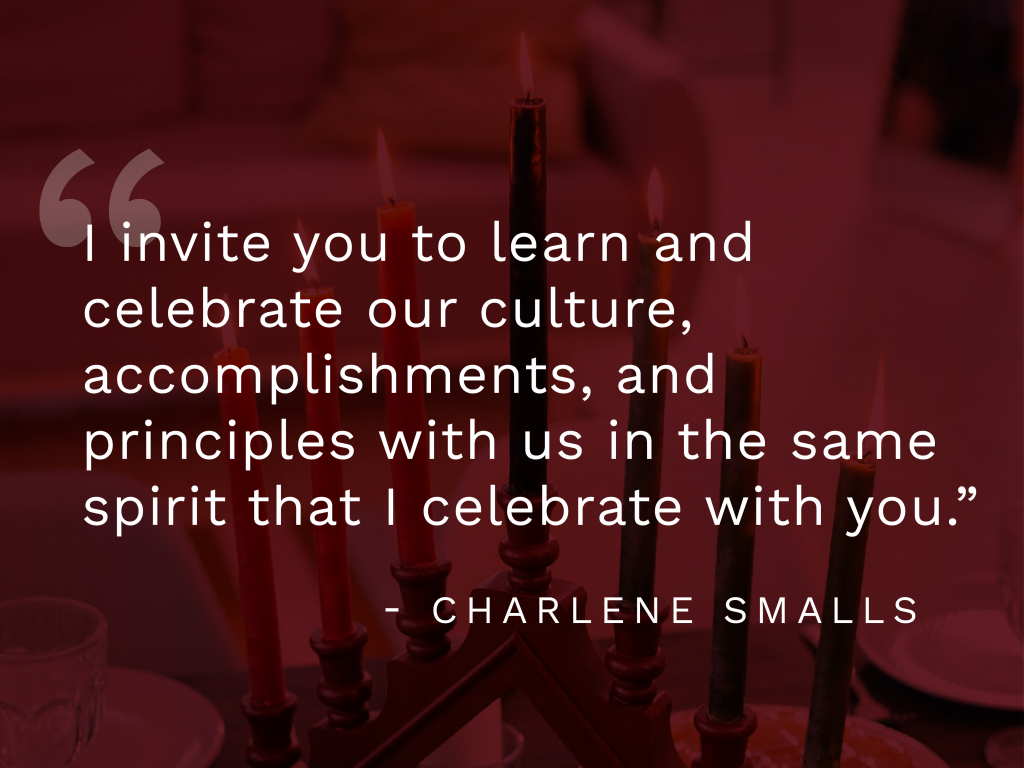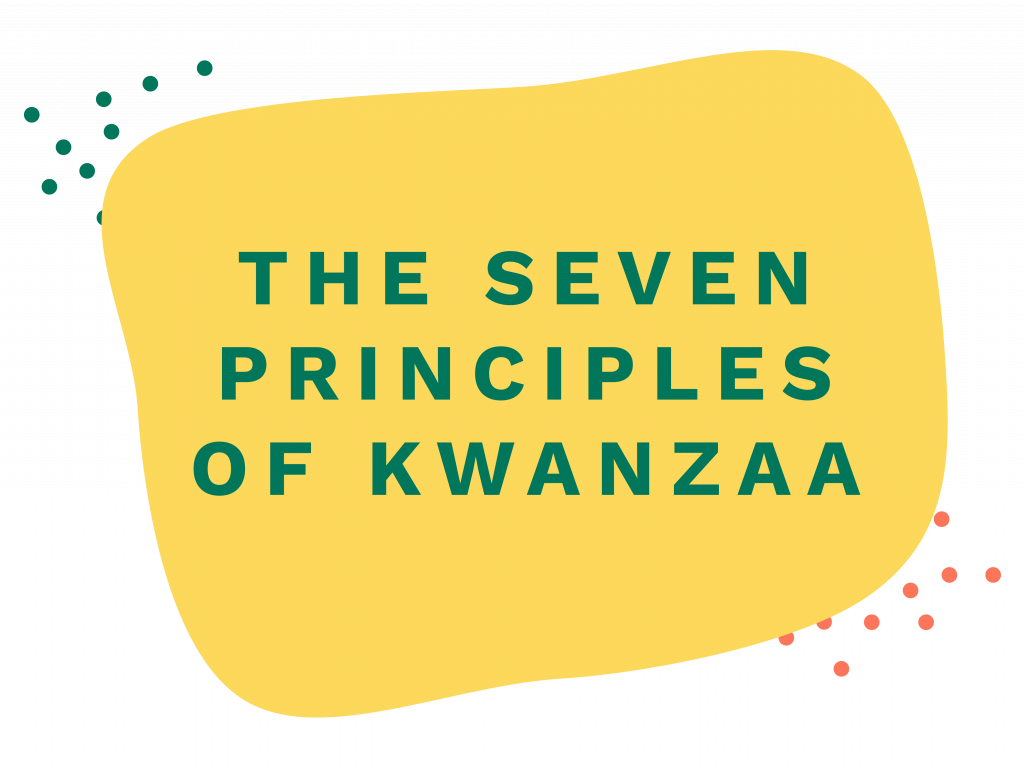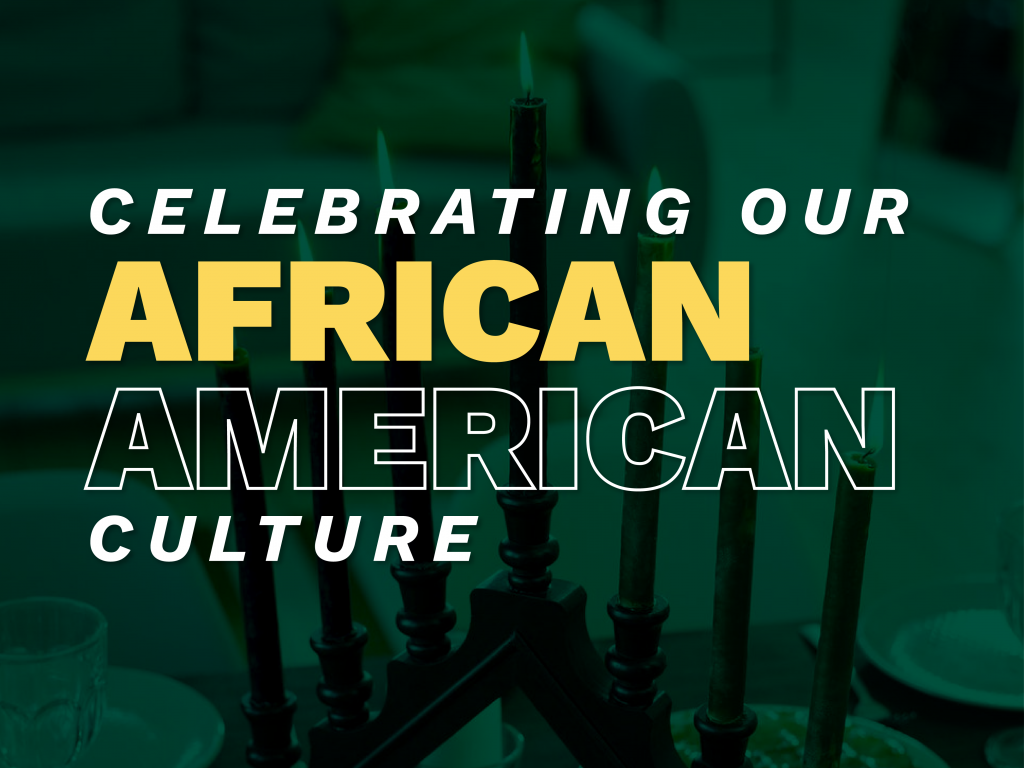Charlene Smalls, minister at Ripple (Allentown, PA), is passionate about educating our African American community of its rich history and rich roots. Her passion is heightened now, in this time of grief and trauma due to COVID-19, our inability to gather with family and friends in community, and racial unrest and injustice. She invites all of us to awaken to the needs of the Black community and work together to address those needs.

“Awaken my brothers and sisters to the rich roots and culture of the Black men and women that you sit with, mostly in silence. Embrace us as a people, a culture, and a community,” Smalls said. “Sit with your heart rather than just speaking from your education and your book learning and look at the picture. You can not speak to an issue that you haven’t lived.”
From December 26 to January 1, Smalls shared about Kwanzaa, a weeklong celebration of African and African American culture, with her congregation. “I heard about diversity, diversity, diversity when I came into the conference. I learned about the Mennonite faith, accepted it, and celebrated it as my faith,” said Smalls. “Kwanzaa celebrates and affirms black people. I invite you to learn and celebrate our culture, accomplishments, and principles with us in the same spirit that I celebrate with you.”

Yvonne Platts, of Nueva Vida Norristown (PA) New Life, has been celebrating Kwanzaa for many years. Because of COVID-19, she went online to share the principles. She hopes that people can see and embrace the beauty, strength, and gifts of Black people.
Minister Charlene Smalls and Yvonne Platts posted videos of their Kwanzaa celebrations on Facebook. Learn more about Kwanzaa through these videos that our sisters recorded with commitment, love, and passion.
“Kwanzaa offers a new dialogue on Black culture, about our positive contributions to the world, and not just the negative stigma of race,” says Dr. Adam Clark, associate professor of theology, Xavier University. “The beauty of Kwanzaa is it doesn’t start Black history from slavery,” explains Clark. “It actually starts us as inventors of civilizations.”
Kwanzaa, comes from the Swahili phrase, “matunda ya kwanza,” or “first fruits of harvest.” It is celebrated annually, December 26 through January 1.

The seven principles (nguzo saba) of Kwanzaa include:
- Unity (umoja) – To strive for and maintain unity in the family, community, nation, and race. Unity in Christ – Ephesians 4:1-6;11-13
- Self-determination (kujichagulia): To define, name, create, and speak for ourselves. Take Hold of the Prize – Philippians 3:12-17
- Collective work and responsibility (ujima): To build and maintain community; to make our brothers and sisters’ problems our problems, and to solve them together. Working Together – I Thessalonians 5:12-18
- Cooperative economics (ujamaa): To build and maintain our own businesses and profit together from them. Community Harvest – 2 Corinthians 9:10-15
- Purpose (nia): Our collective vocation is one that builds and develops our community in order to restore our people to their traditional greatness. Caring for One Another – Hebrews 13:1-7
- Creativity (kuumba): To always do as much as we can, in order to leave our community more beautiful and beneficial than we inherited it. Sharing Our Gifts – 1 Corinthians 12:1-11
- Faith (imani): To believe fully in our parents, teachers, leaders, people, and the righteousness and victory of our struggle. Faith, Love and Understanding – Ephesians 1:15-25
The primary symbols of Kwanzaa are the seven candles, candle holder, unity cup, placemat, crops, corn, and gifts. A key custom during Kwanzaa is the daily lighting of the Kinara, the candle holder. The black candle symbolizes the people themselves, the red candles are for the struggle or blood shed in the past, and the green candles represent the Earth or the abundance of future possibilities.

The opinions expressed in articles posted on Mosaic’s website are those of the author and may not reflect the official policy of Mosaic Conference. Mosaic is a large conference, crossing ethnicities, geographies, generations, theologies, and politics. Each person can only speak for themselves; no one can represent “the conference.” May God give us the grace to hear what the Spirit is speaking to us through people with whom we disagree and the humility and courage to love one another even when those disagreements can’t be bridged.
